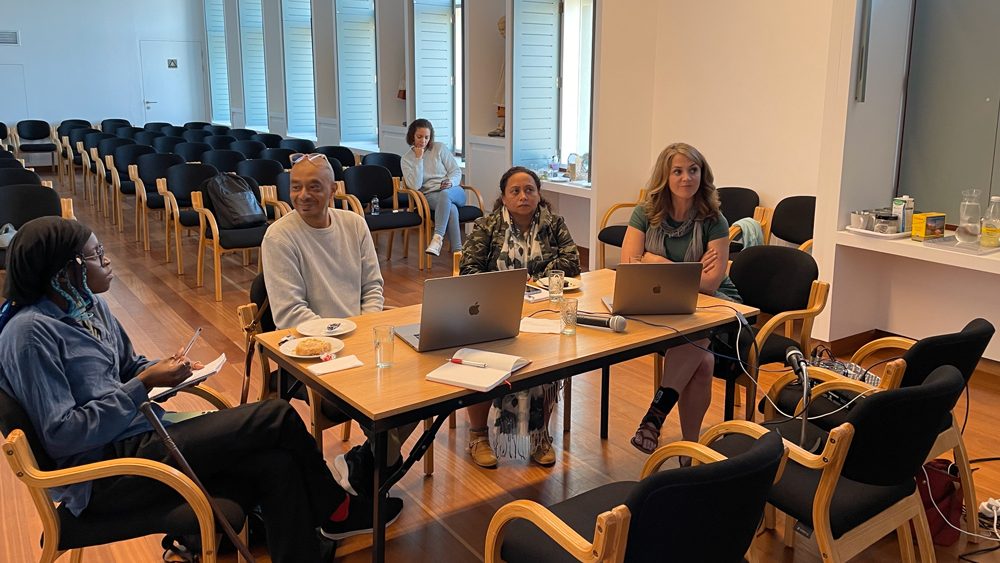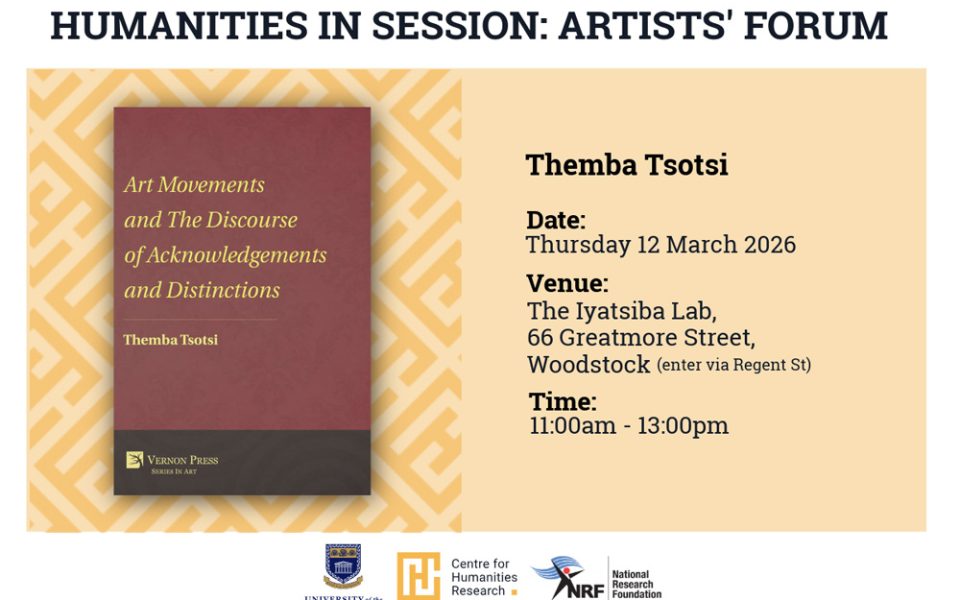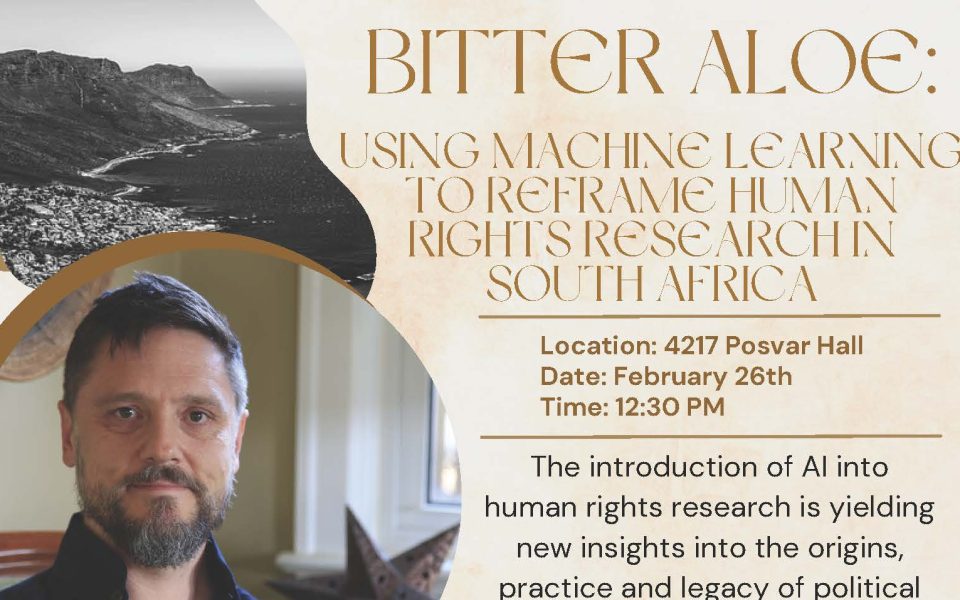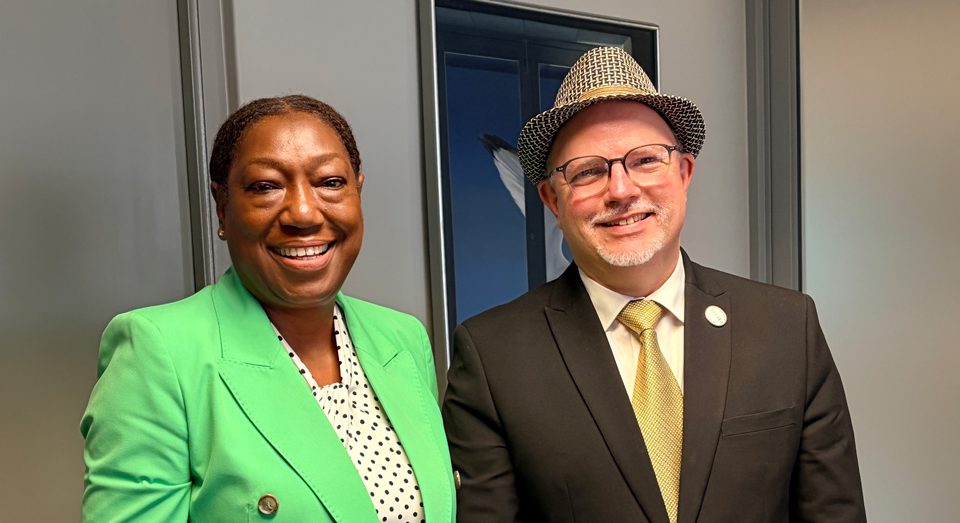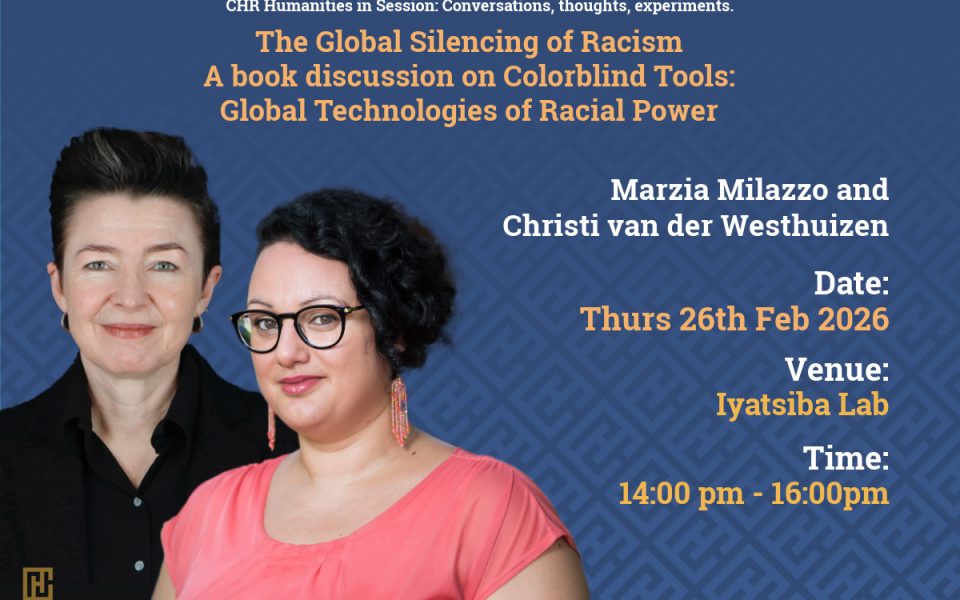Hemispheric Headspace workshop
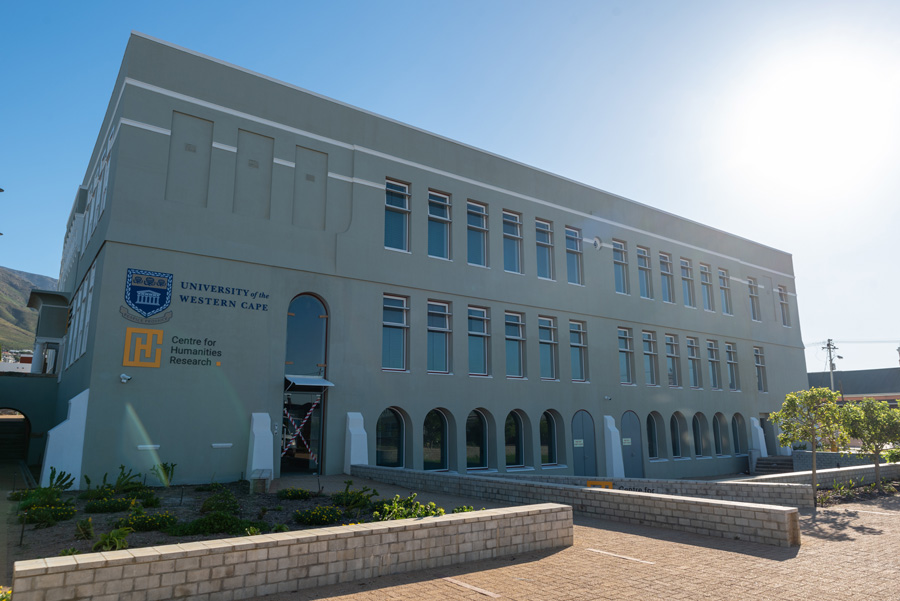
To explore the concept of partition in the context of AI and the humanities, and with an eye towards potential cross-national collaboration on developing research and curriculum, Dr Valmont Layne co-hosted two workshops with Professor Jennifer Keating, Teaching Writing in the Disciplines Specialist at the William S. Dietrich II Institute for Writing Excellence, University of Pittsburgh. The session was made possible through a small grant from Pitt Cyber.
Hemispheric Headspace: Interrogation and Exploration of the Influence of AI and the Digital Sphere on Real Life, Work, Education and Political Realities in the Global South and the Global North is a project that brings together CHR faculty at UWC and faculty at the University of Pittsburg in Computer Science, English, Information Science, Law, Composition, Post-Colonial Studies, Ethnomusicology, Archival Studies, History of Art & Architecture, Robotics and Library and Information Sciences to explore the implications of current and recent developments in AI and digital tools that increasingly shape our lived experiences. In this set of workshops we will discuss current and past definitions and descriptions of personhood regarding digital versus machine age concerns pertaining to defining the human and the influence of capital on dehumanizing labor forces across regions and histories; generative language and the authenticity of utterance in the global north and the global south; legislation and regulation in developing AI, in colonial and neo-colonial histories in the global north and the global south.
The CHR at the University of Western Cape has been studying these trends through the three “minor arts”- film, sound, and kinetic objects. This includes cultural criticism to address the power shifts and political negotiations in the region’s history. As South Africa emerges from apartheid with a developing democracy and robust participation in global economic trade questions and sensitivities pertaining to the influence of digital advancement are particularly prescient. Advancing technologies influence the evolution of democratic processes the world over, creating new challenges in each system but if we can learn from one another, across hemispheric divides, we as faculty can identify practical and actionable areas for potential collaboration across our institutions in Cape Town and Pittsburgh to pursue new projects and identify grants to support this work.
We asked colleagues to respond to short provocations. During Session I on May 13th, we discussed the theme of partition – focusing on the separation between our daily lives and digital realities. What might partition mean in rapidly-developing AI systems? Where does our work live in this emerging reality where the digital and the algorithmic intertwines with features of the tactile, the analogue, where the integration of AI tools into features of everyday work and home are sometimes obvious in their division but are oftentimes indecipherably connected? What does digital fluency look like in this evolving ecosystem for educators? What does your research consider regarding notions of partition or integration amid this emergent hybrid context?
In **Session II on May 16th,** we considered the complexity of our relationships to data – personal data, public data and the particular concerns that emerge in relation to archival holdings in the age of AI. With initial comments from speakers in Pittsburgh and Cape Town, we will specifically consider the following questions and concerns:
Amidst datafication and the proliferation of AI, how has the role of archivists and information stewards shifted? What concerns pertaining to ownership and use arise in the digitization of archival materials or in the collection of datasets? What are the implications of AI systems like LLMs that can ‘scrape’ data? How does the age of social media color or influence how we consider what data or personal archival material is public versus private? And how might these technological developments and methodological concerns facing archivists raise further ethical questions pertaining to ownership of personal data, persistence in intended or unintended discrimination in valuation and preservation of archival materials as data, and the role of systemic oppression or silencing that can be compounded at scale in our digital age?

